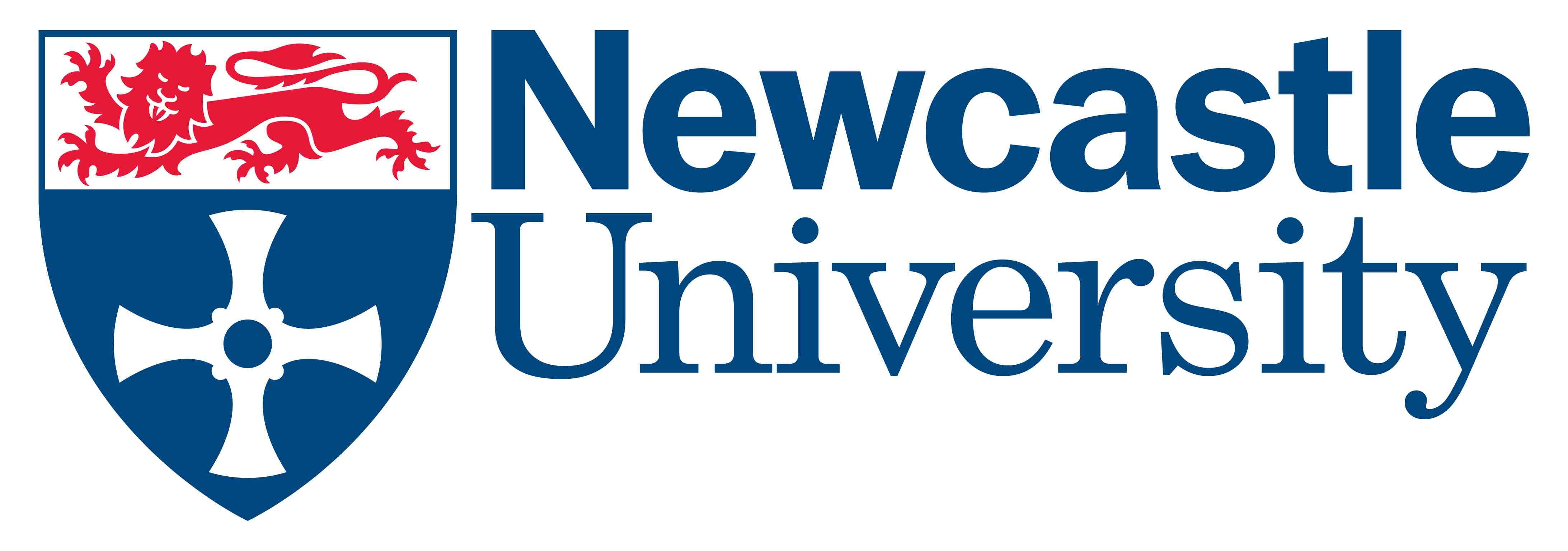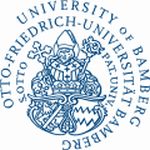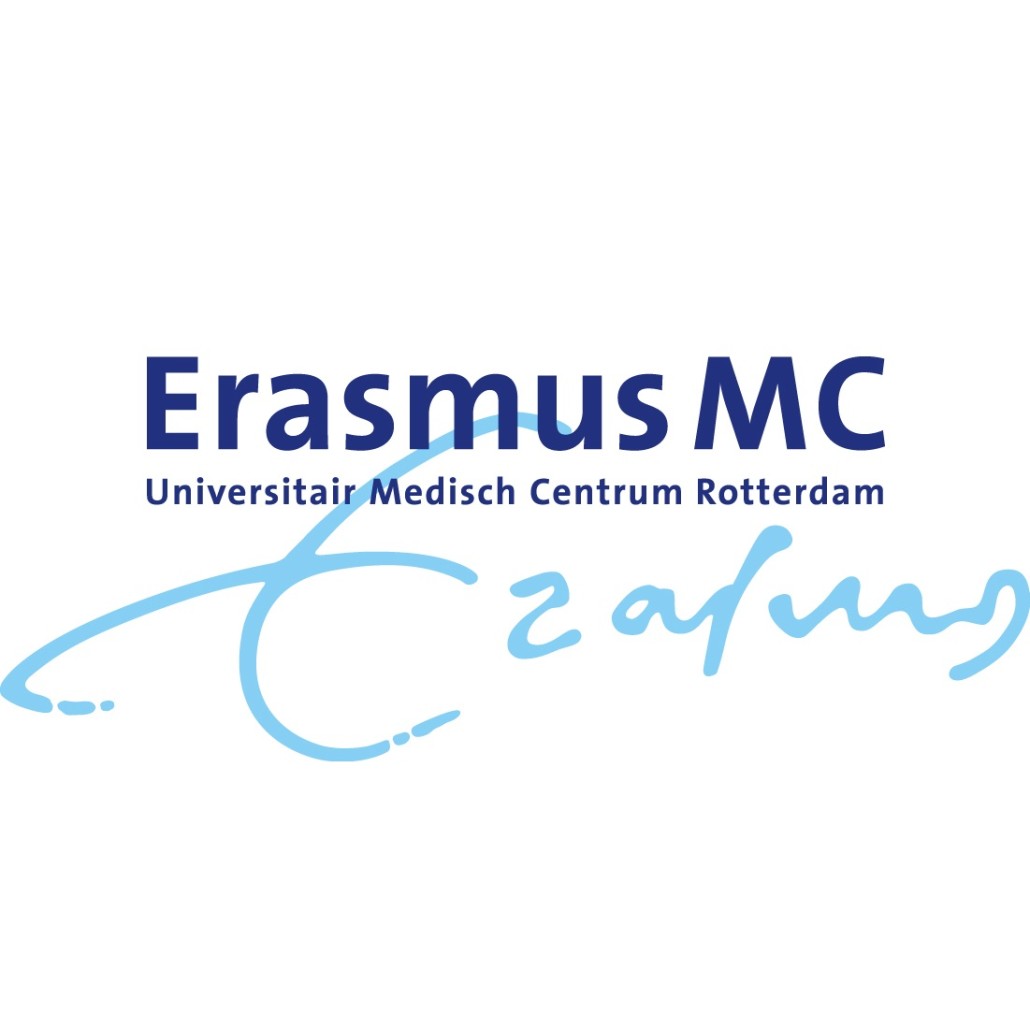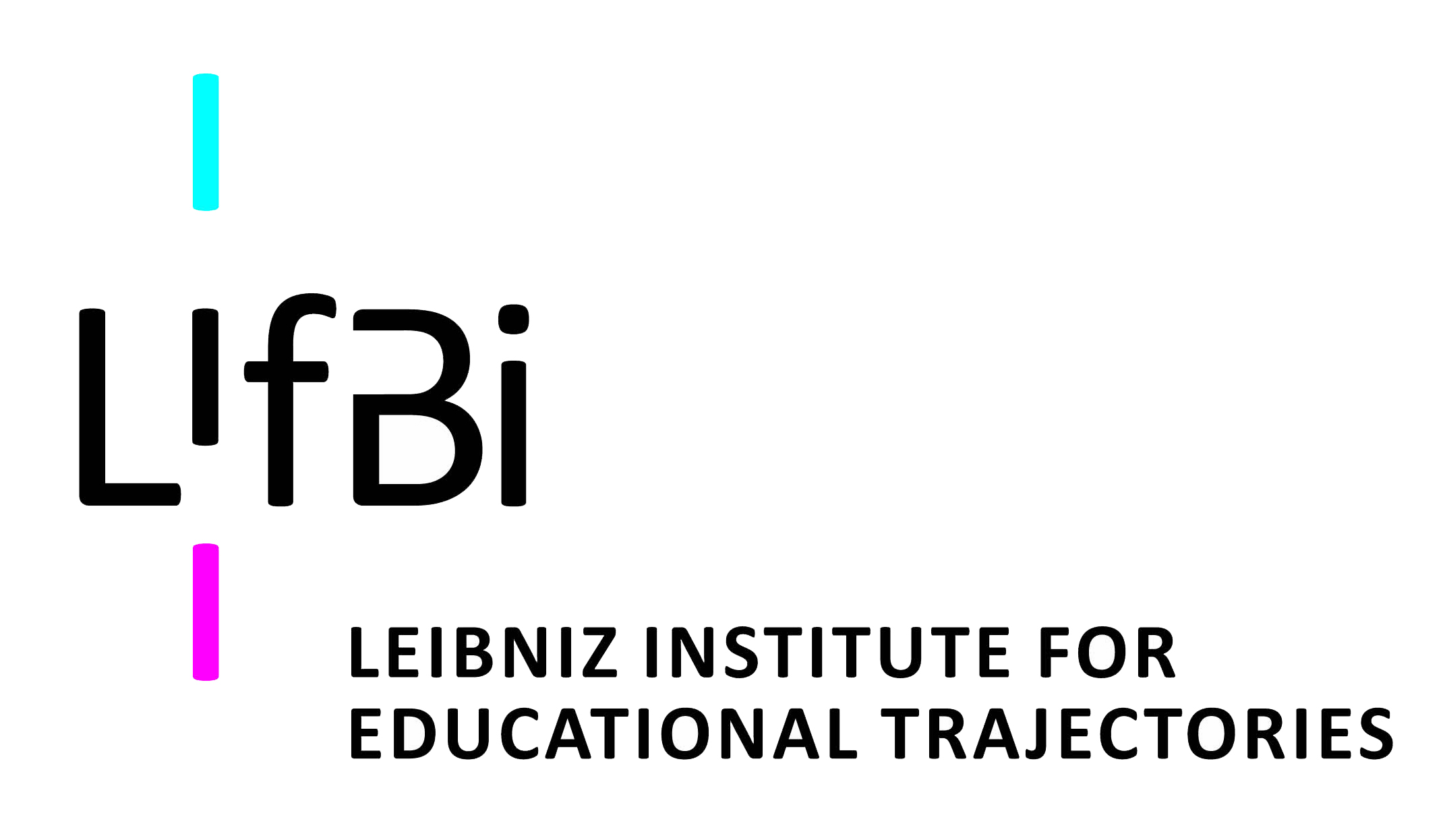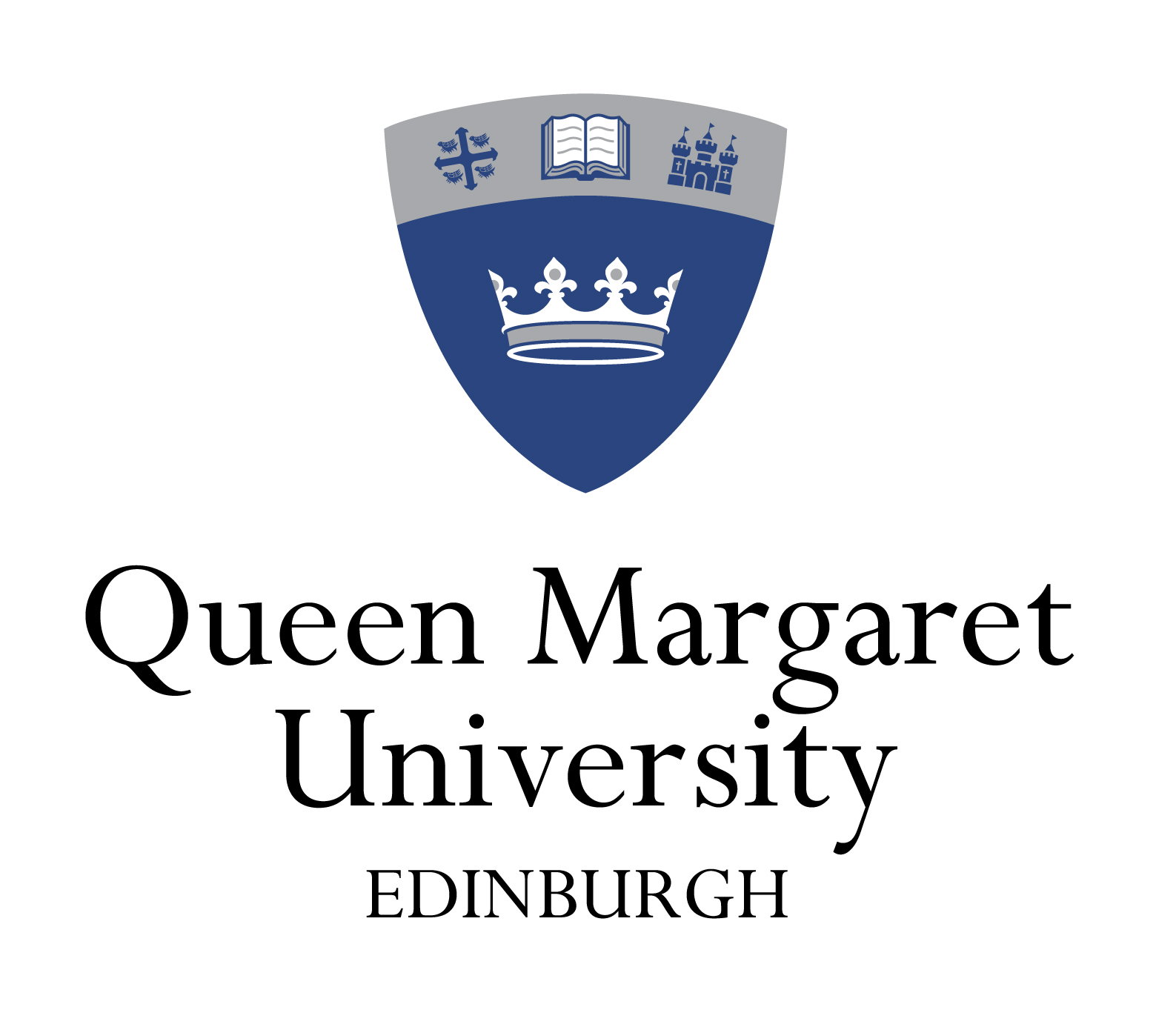News, Blogs & Events
It's all in the timing
Research creation and valorisation - its all in the timing
One of the key components of the SEED Research Programme – thats SEED : - Social InEquality and its Effects on child Development: A study of birth cohorts in the UK, Germany and the Netherlands - is our desire to focus on the impact or “knowledge valorisation” of our work. The project, as the name suggests, includes three countries and the research is all based around analyses of secondary data sources, particularly birth cohorts of thousands of children born in the respective countries and followed up over many years. We have a set of questions which we have been were funded to address by the NORFACE programme a European ERA NET research programme which includes 12 countries.
There is much talk of impact in the UK University system these days as we tack towards the next Research Excellence Framework or REF2021 but there is some uncertainty as to whether we should be publishing our peer reviewed papers and hoping with our fingers crossed that someone will pick up what we have said and do someting about it or whether we should be actively engaged with stakeholders, those who stand to benefit from the research. In some case the beneficiaries are fairly obvious, our patients for example, children with autism spectrum disorders or metabolic disorders. In the social sciences the active engagement with potential consumers of our findings may be perceived to be rather more problematic. Giving them our published papers may be fine but actively engaging with them at the outset of a project is not necessarily seen as desirable. In fact in a recent meeting of the Society of Longitudinal and Lifecourse studies it was actively frowned upon and many are suspicious of getting too close to the end users for fear that they will distort the enterprise.
So with this in mind I headed off to Brussels last week to discuss our project with Susanne Conze and Geraldine Libreau in the Schools and Educators Unit of the European Commission. We were going to do this anyway but, by chance, or perhaps synchronicity, the Commission had released in the same week the proposal for a Council Recommendation on High Quality Early Childhood Education and Care System (COM (2018) 173) which refers directly to children early cognitive, language and socio-emotional development the primary foci of SEED. The commission will be having further consultations with all 28 members countries later in the year and through into 2020. The fact that education is a devolved matter and the Commission cannot direct countries to act in a particular way – rather this is a form of guidance which the Commission hopes over time that countries will follow. It will be of no surprise that many countries are resistant to this sort of guidance reasons even if it is eminently sensible as is the case in this particular document. In fact the European Parliament has rarely discussed education at all. So this is a major step forward.
Our question to the Commission is whether there would be analyses that we could carry out which would help them make their case to the European Parliament and to member states. Our discussions identified two areas where they clearly felt there to be an evidence gap. The first is training standard for early years practitioners which we probably can’t help them with very much and the second is the social inclusion of different groups of young children which we almost certainly can. So interested were they that we will be continuing our discussions over the coming months. We will see how this pans out but this process of engagement is central to the work of the SEED programme and we hope that it will bear fruit. In the end, the creation of meaningful impact is all in the timings.
Last modified: Fri, 01 Jun 2018 13:15:37 BST

